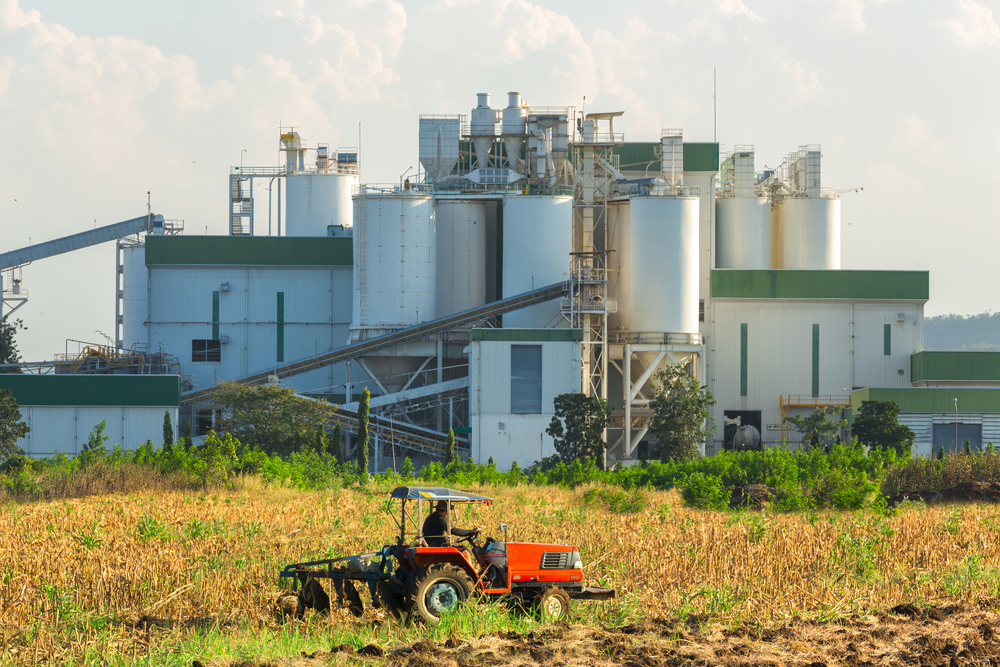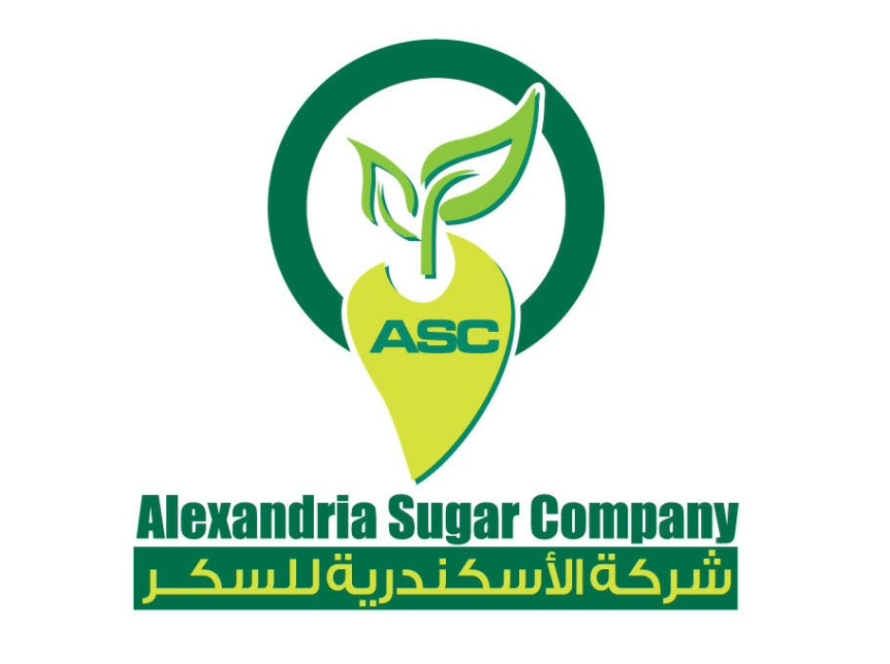We are excited to share that United Sugar Company Egypt (USCE), a sugar refinery in Egypt belonging to The Savola Group, has reached VIVE Claim Level, meaning it has reached a widely recognised, third-party verified sustainability standard for its operations. It scored an impressive 95% for the Facility Module of the VIVE Programme, which has been specifically designed for food processers and the sustainability risk and factors that affect them. USCE produces 2,300 tonnes of refined sugar per year, which is bought my major global multinationals and local buyers in the Middle East and North Africa. It has its own port berth, and the facility stretches over a large area.
To achieve Claim Level, USCE underwent a two-year assessment and improvement cycle from 2021 to 2022. This is standard as part of the VIVE Programme, which places emphasis on continuous improvement over time. After the first assessment in 2020, a bespoke improvement plan was provided to USCE, highlighting key areas where improvements could be made. The first assessment acts as a benchmark against which all further assessments can be measured, forming a starting point from which to improve.
This method has proven time and again to deliver measurable, data-driven improvements for VIVE participants. USCE achieved many impressive improvements year on year between their assessments in 2020 and 2021, including a 20% improvement in traceability and a 30% increase in their attainment in retail and industrial packaging.
VIVE is benchmarked against other widely recognised sustainability programmes, meaning USCE also reached a benchmark against ProTerra and SGP.
USCE’s achievement echoes the success of wider sustainability projects run by The Savola Group, which is headquartered in Jeddah, Saudi Arabia and operates across the Middle East, north Africa and Turkey. Like the VIVE Programme, they have integrated the UN’s SDGs into their food and retail business and taken steps to improve the environmental impact of their operations and gender quality at work.




